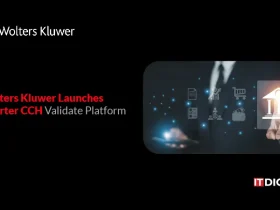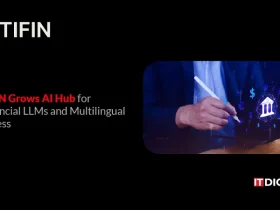The Cloud Native Computing Foundation, which builds sustainable ecosystems for cloud native software, announced the graduation of KEDA.
Kubernetes Event-Driven Autoscaling (KEDA) is a single-purpose event-driven autoscaler for Kubernetes that can be easily added to Kubernetes clusters to scale applications. It supports scaling workloads or scheduling long-running executions through Kubernetes Jobs and provides various authentication mechanisms for source integration. It also fills the gaps for use cases where the standard Kubernetes autoscaler, horizontal pod autoscaling (HPA), is not the right fit as they need to be scaled out on a different set of metrics, like custom metrics or metrics defined and exposed in a different system.
“KEDA has been an invaluable addition to how we manage workloads in Grafana Cloud by reducing toil and optimizing costs,” said Salva Corts, Software Engineer at Grafana Labs.
“For example, we use it for automated scaling out workloads and for using spot VMs without compromising availability by automatically scaling out reliable backups when spot nodes are not available. We strongly believe that KEDA is production ready and has been for a long time. Becoming a CNCF Graduated Project will signal this to the wider CNCF community and increase well-deserved adoption even more.”
“KEDA’s magic enables autoscaling based on RabbitMQ queues and many other metrics, supercharging Zapier’s efficiency and agility, which is a game-changer for us,” said Ratnadeep Debnath, Senior Site Reliability Engineer at Zapier. “KEDA helps Zapier manage workloads by using scalers that rely on application metrics. It’s easy to use, well-documented, and has an awesome community. We’re happy that KEDA has reached graduation status in CNCF and can’t wait to see what happens next.”
The project was started as a collaboration between Microsoft and Red Hat in 2019. It was accepted into the CNCF Sandbox in March 2020 and moved into the Incubator in August 2021, demonstrating impressive growth over the past three years. Today the project is used in production by more than 45 organizations, including FedEx, Grafana Labs, KPMG, Reddit, Xbox, and more. It has added more than 60 scalers, or connectors, to external services and now supports nine authentication providers. The community has also added new contributors, maintainers, and features and collaborated with CNCF’s TAG Environmental Sustainability to reduce its environmental footprint using efficient autoscaling and workload scheduling.
SOURCE: PRNewswire


































